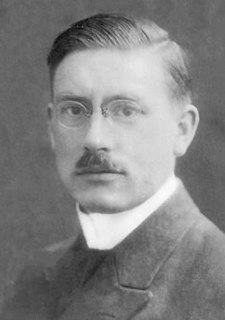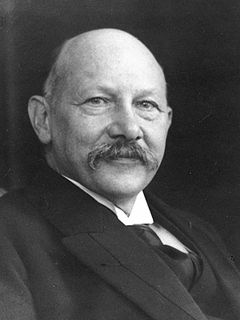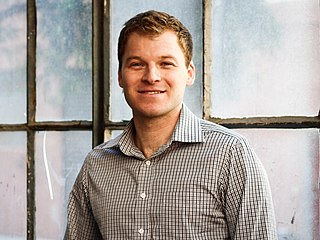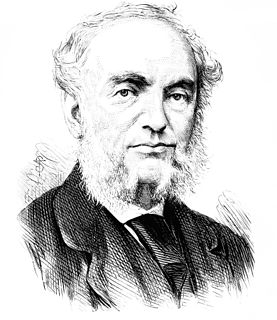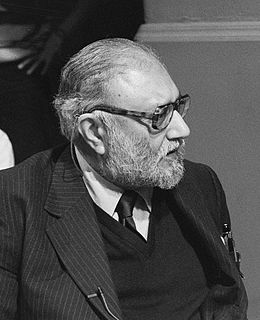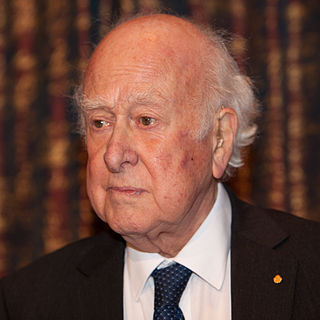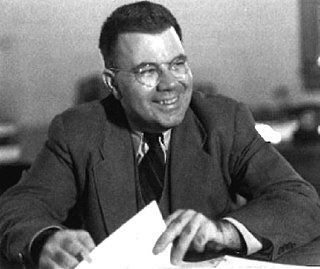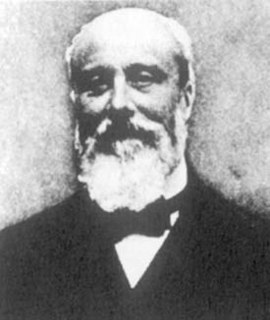A Quote by Julian Assange
You can't publish a paper on physics without the full experimental data and results; that should be the standard in journalism.
Related Quotes
I want to set up a new standard: ‘scientific journalism.’ If you publish a paper on DNA, you are required, by all the good biological journals, to submit the data that has informed your research—the idea being that people will replicate it, check it, verify it. So this is something that needs to be done for journalism as well. There is an immediate power imbalance, in that readers are unable to verify what they are being told, and that leads to abuse.
My study is NOT as a climatologist, but from a completely different perspective in
which I am an expert … For decades, as a professional experimental test engineer, I have analyzed experimental data and watched others massage and present data. I became a cynic; My conclusion - 'if someone is aggressively selling a technical product who's merits are dependent on complex experimental data, he is likely lying'. That is true whether the product is an airplane or a Carbon Credit.
According to my views, aiming at quantitative investigations, that is at establishing relations between measurements of phenomena, should take first place in the experimental practice of physics. By measurement to knowledge [door meten tot weten] I should like to write as a motto above the entrance to every physics laboratory.
I do not think the division of the subject into two parts - into applied mathematics and experimental physics a good one, for natural philosophy without experiment is merely mathematical exercise, while experiment without mathematics will neither sufficiently discipline the mind or sufficiently extend our knowledge in a subject like physics.
The chief instrument of American statistics is the census, which should accomplish a two-fold object. It should serve the country by making a full and accurate exhibit of the elements of national life and strength, and it should serve the science of statistics by so exhibiting general results that they may be compared with similar data obtained by other nations.
If physics is too difficult for the physicists, the nonphysicist may wonder whether he should try at all to grasp its complexities and ambiguities. It is undeniably an effort, but probably one worth making, for the basic questions are important and the new experimental results are often fascinating. And if the layman runs into serious perplexities, he can be consoled with the thought that the points which baffle him are more than likely the ones for which the professionals have not found satisfactory answers.
Now these two questions Does there exist a material reality distinct from sensible appearances? and What is the nature of reality? do not have their source in experimental method, which is acquainted only with sensible appearances and can discover nothing beyond them. The resolution of these questions transcends the methods used by physics; it is the object of metaphysics. Therefore, if the aim of physical theories is to explain experimental laws, theoretical physics is not an autonomous science; it is subordinate to metaphysics.
It is impossible to discuss realism in logic without drawing in the empirical sciences... A truly realistic mathematics should be conceived, in line with physics, as a branch of the theoretical construction of the one real world and should adopt the same sober and cautious attitude toward hypothetic extensions of its foundation as is exhibited by physics.

